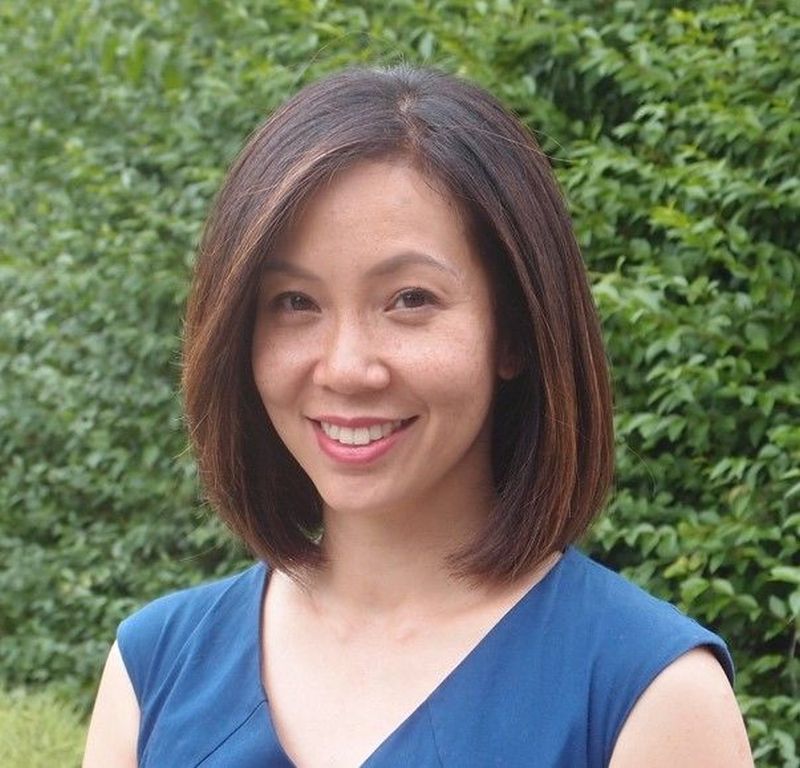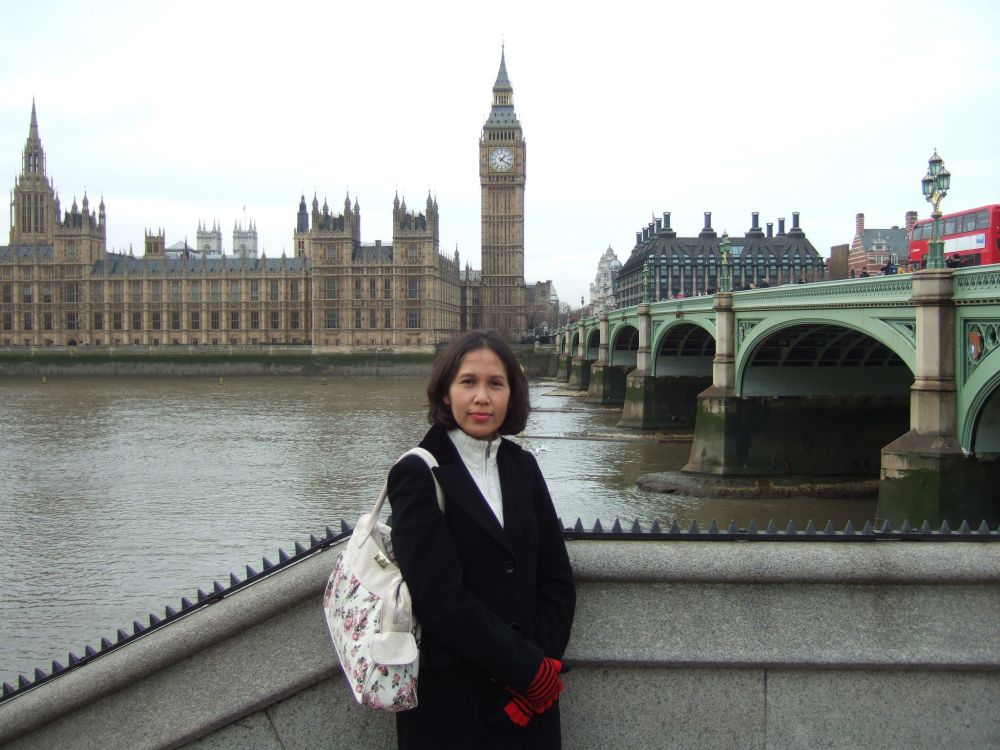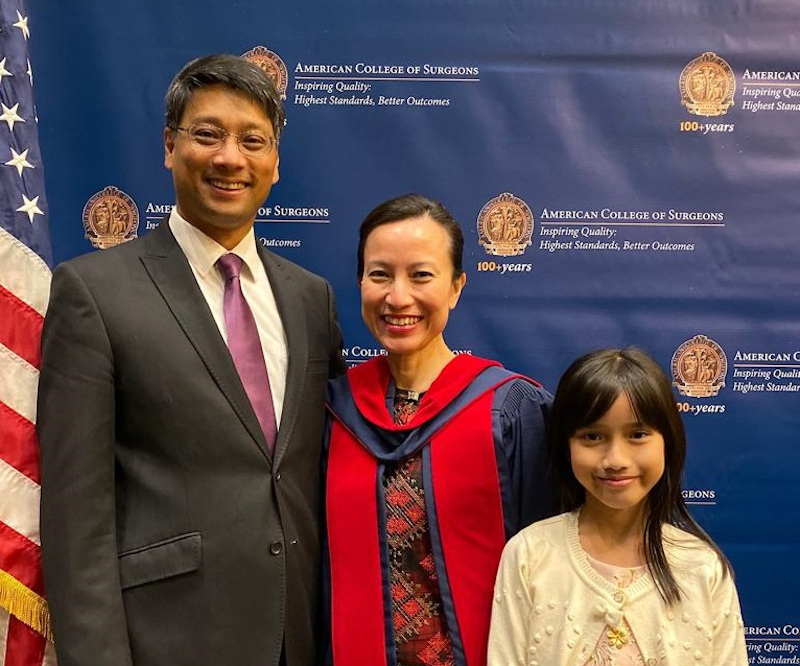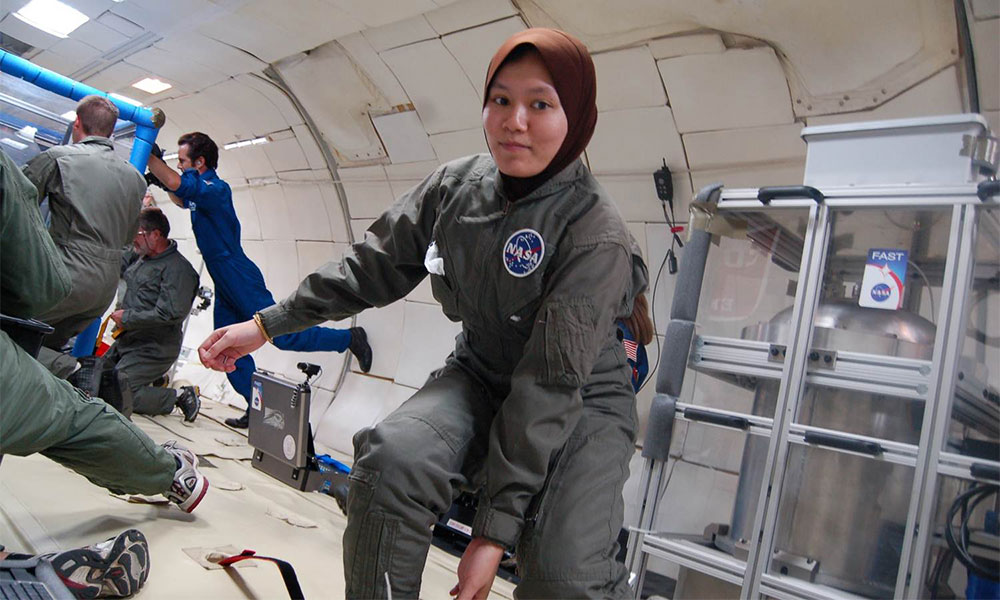Even the Jews are inbreeding. Just not as bad as m&ds.
For Sarah, being an Ashkenazi Jew means difficult decisions about starting a family
Sarah Charak is still deciding how she will manage her personal risk for breast and ovarian cancer.(ABC RN: Alice Moldovan)
Share
Sarah was 23 when she found out that, most likely, over the next 20 years everything that "made me a woman" would have to be surgically removed.
Her breasts and ovaries were "tainted in some way" and put her at risk.
Sarah has up to a 70 per cent chance of developing breast cancer and up to 40 per cent chance of ovarian cancer, due to a BRCA gene fault — the
genetic condition made famous by Angelina Jolie.
"I definitely have had moments of anger about it. It's inconvenient. It's upsetting. The thought of the surgeries is scary," Sarah says.
For the general population, the risk of inheriting a BRCA gene fault is around one in 400.
Ashkenazi Jews, like Sarah, are 10 times more likely to inherit the fault, meaning their risk of cancer is much higher.
Marrying within the community over generations has led to genetic issues like the BRCA gene mutation and diseases like Tay-Sachs and cystic fibrosis, among others.
It means making difficult decisions about surgery, screening and how far to go to prevent passing the gene fault on to the next generation.
This is how four Ashkenazi Jews are navigating those decisions.
Life-changing, not life-ruining
When Sarah was in high school, an aunt developed breast cancer. It came a few years after her paternal grandmother was diagnosed with ovarian cancer.
A large number of family members have since tested positive as carriers, so Sarah knew there was a possibility that she might have the gene fault too.
The Charak family has had many positive BRCA tests.(ABC RN: Alice Moldovan)
She was 23 when she went with her two sisters for the blood test, and describes how her pessimistic viewpoint steeled her.
"My relationship to the test was, 'I should think that I'll probably test positive because then it'll just be confirming what I already thought'. And then I was correct."
Out of Sarah's three siblings, one has tested positive, one negative, and one is yet to take the test.
Sarah is still deciding how she will manage her personal risk for breast cancer, which increases from the age of 30, and ovarian cancer, which increases from 40.
Sarah sees the BRCA gene as simply another part of her Ashkenazi Jewish heritage.(ABC RN: Alice Moldovan)
Then there's the question of undergoing IVF to remove the gene fault from her future children — an expensive and uncomfortable possibility.
Sarah always thought she'd have children naturally, a topic she is now reconsidering with her fiance.
But overall, she says knowing her positive status is a privilege.
"It's really incredible that it's information that you can know and you can plan for in advance and that you can actually be empowered to make choices that avoid danger," she says.
'Unique and a little bit embarrassed'
Geoff Wolf survived breast cancer and unwittingly passed on the BRCA2 gene to his daughter, Tamara.(Supplied: Tamara Wolf)
These developments have come relatively recently.
In the 1990s, we knew much less about the BRCA gene fault — which meant a diagnosis of breast cancer came as a complete shock to Sydney man Geoff Wolf.
"I was told I had more chance of winning the lottery, which unfortunately hasn't happened yet, than of developing breast cancer," he says.
Geoff was a young father of two when he visited an after-hours medical clinic. He wanted the doctor to lance what he thought was a cyst over his left breast.
"Thanks to the astuteness of that doctor, I was sent for tests and very quickly to surgery," he says.
He had a mastectomy and lymph nodes removed from his left side, followed by 30 sessions of radiotherapy.
Geoff says at the time he felt "unique and a little bit embarrassed" when he was waiting for a mammogram.
Soon after finding out he had breast cancer, he took part in a research project within Sydney's Ashkenazi Jewish community, looking into the familial BRCA1 and 2 genetic mutation.
Because his children were already born by the time he found out he was a BRCA2 carrier, he knew there was a risk he had passed the gene fault onto either one or both of his daughters, Tamara and Sarah.
"I was most hurt for the girls," he says.
"Could we have done anything? No. Do I wish I didn't have it? Probably, but knowledge is power."
Living with 'scanxiety'
The Wolf family is managing the health risks of the BRCA2 gene.(Supplied: Tamara Wolf)
Tamara, now 29, says she always knew about the existence of BRCA in her family, inherited from her father.
She was in her early 20s when she started a six-monthly scan regime, undergoing an ultrasound and mammogram each February and an MRI in July.
When she was 27 she decided to do the blood test to find out whether she had inherited the BRCA2 gene mutation from her dad.
It came back positive.
"It wasn't even so much about what that meant for me. But having to tell my parents, that was my biggest fear because I knew that they were so worried about it," she says.
"I was incredibly emotional."
Both her mum and her younger sister tested negative.
After several years of screening, Tamara didn't want to live with what she calls "scanxiety" anymore, so she started the process of having a preventative double mastectomy and breast reconstruction.
After returning home to Sydney from London, where she lives and works, and having her surgery rescheduled three times due to coronavirus, she's recovering well.
She's confident that her choice to remove her risk of breast cancer was the right thing for her, comparing it to the risk of flying.
"If your plane had a 60 to 80 per cent chance of crashing, would you get on that plane?" she says.
"My risk is 68 per cent chance of getting breast cancer ... I'm going to do something about it and I'm going to find an alternative route."
The body is a 'sacred thing'
Jill Levy has a different view of managing risk and anxiety.
The 65-year-old BRCA1 carrier hasn't had a preventative mastectomy — yet.
She has, however, had an oophorectomy — the surgical removal of her ovaries.
Jill says being flexible in her approach to her health has been a freeing experience.(Supplied: Jill Levy)
Because there's no effective screening for ovarian cancer, Jill decided that she wasn't willing to risk her health in that regard.
"Whereas for breast cancer, the screening is extremely effective, so it was a no-brainer for me," she explains.
Jill says living with an 84 per cent chance of developing breast cancer is something she takes in her stride — it still means there's a 16 per cent chance of not getting cancer.
Jill says a holistic view of her health has allowed her to manage the anxiety that comes with having a genetic fault like BRCA.
"Not only is the body a sacred thing, but the body-mind is one entity ... the lifestyle aspect, healthy diet, healthy lifestyle, healthy attitude and outlook play a part in this."
Jill says emphatically that she is not over-confident about avoiding breast cancer thus far, but that being flexible in her approach to her health has been a freeing experience.
"The second I'm diagnosed with one cell of breast cancer, that is when I'll do a mastectomy," she explains.
"And maybe I'll change my mind about that.
"As I say, it's an ongoing decision that I make. But at the moment, that's how I feel."
RN in your inbox
Get more stories that go beyond the news cycle with our weekly newsletter.











